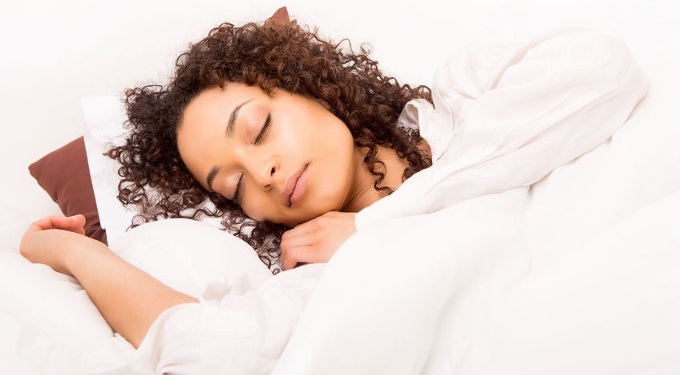
By Dr. Joseph Mercola | mercola.com
If you struggle with sleep, there’s likely nothing you want more than to be one of those lucky people who doze off to dreamland as soon as their head hits the pillow. Sleep troubles can lead to many other issues, both mental and physical, which is why it’s so important to get plenty of quality sleep each night. Sleep deprivation can weaken your immune system, accelerate tumor growth and impair all aspects of your cognition. In short, it can increase your risk of dying from all causes.
If you’re having trouble getting a good night’s rest, there are plenty of tips and natural remedies you can try to help calm your mind, relax your body and prepare yourself for a restful slumber — things like taking a hot bath or shower before bed, doing controlled breathing exercises and sleeping in a cool, darkroom. If you’ve tried some of these tips and they haven’t worked for you, there’s something else quite simple that might help. According to a new study, walking is linked to better sleep.
To conduct the study, researchers recruited 59 people with an average age of 49. They asked the participants to walk an additional 2,000 steps per day, on top of their normal routine. The participants wore fitness trackers for four weeks to track their activity.
Previous research has linked high-intensity exercise to better sleep. Study author Alycia N. Sullivan Bisson explained, “Middle-aged or older adults are not always able to engage in high-impact exercise, and these age groups are more likely to have poor sleep, so, we wanted to see if something more feasible like walking could make a difference.”
Researchers found that people who took more steps over the four-week time period reported better sleep quality, compared to those who were less active. Women also reported greater improvements in sleep quality, compared to men, but researchers say additional studies are needed to explain why.
When the participants were more active, they reported sleeping better and for a longer duration, compared to the days when they walked less. The study authors noted, “Recommendations for increasing daily steps could be a feasible way to improve sleep … as most Americans have a fitness tracker or smartphone with the capability of measuring steps.”
















